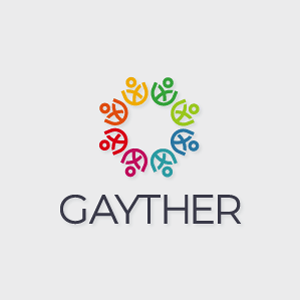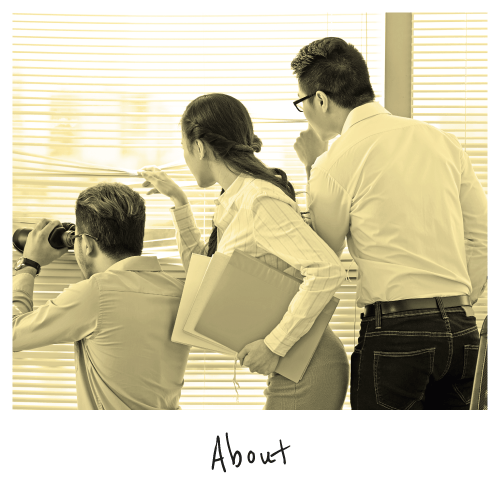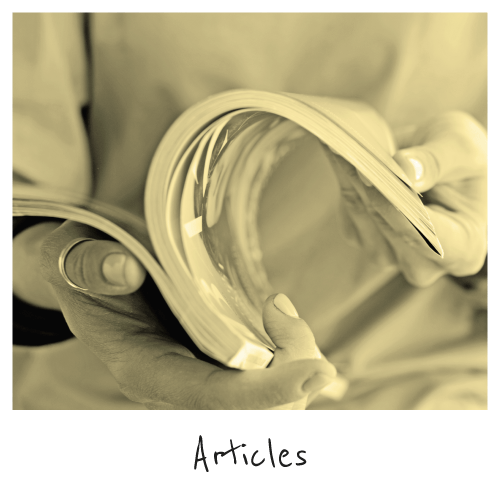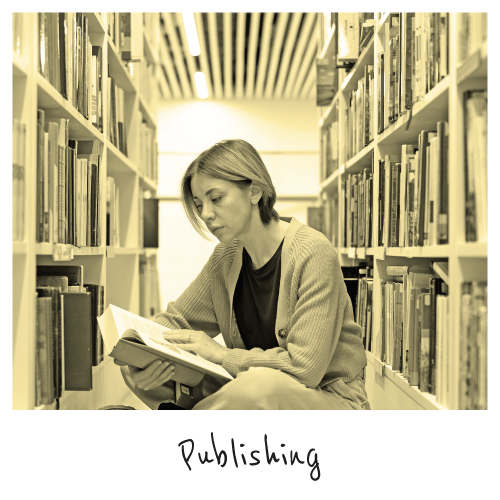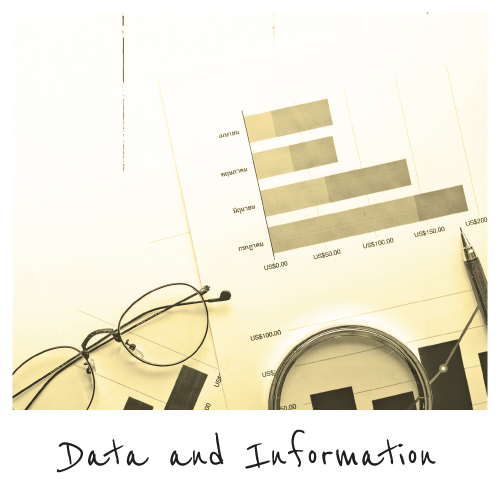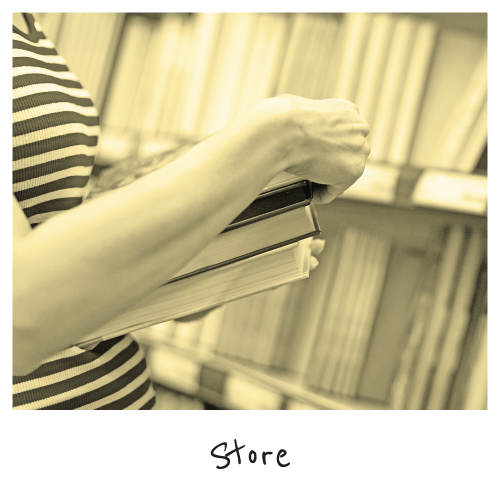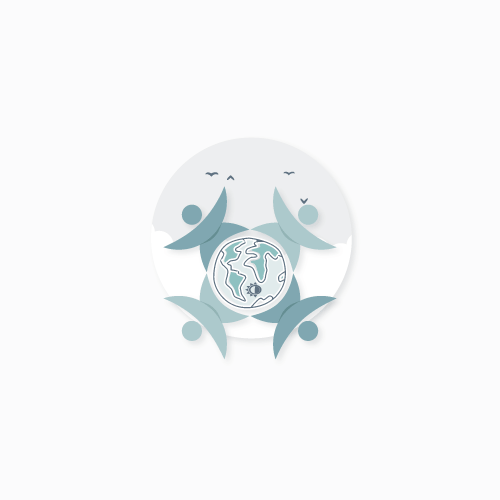

- There are over 7,000 languages and dialects worldwide and over 300 non-verbal sign languages. Forty-one countries recognise sign language as an official language
- It is estimated that in 2023, the world population is 8,045,311,447
- The Earth is made up of 71% water with its many seas, rivers, lakes and oceans, which gives the planet a blue colour from space. Much water contains high salt levels, making drinking impossible without first undergoing a purification treatment. The Earth only has 2.5% of fresh water, typically found in glaciers, lakes, reservoirs, ponds, rivers and streams
- The Earth’s surface area is 509.6 million square kilometres (km²) or 197 million square miles (mi²). 29% of it is made up of land, 148.3 million km² or 57 million mi². Water makes up the remaining 71%, 362 million km² or 140 million mi²
- There are more than 24 unique time zones around the world, with different parts of the world facing the sun at various times within a 24-hour period. Countries and regions observe times and time zones specific to their physical location on the Earth. The 24-hour clock indicates the time and point in which a particular area faces the sun, i.e., am for the period leading up to and during sun up and pm for leading up to and after sundown
- The UN recognises 195 countries; however, there are at least a further 60 countries that are overseas territories, disputed regions or are illegally occupied

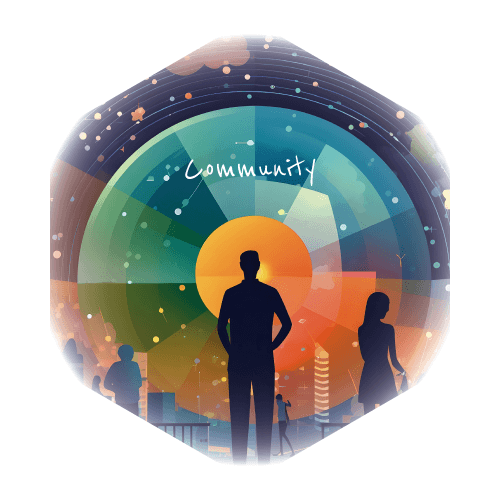
Ovester believes in the importance and power of the community, and that is why many of our services, guides and information are focused on bringing people and communities together
The technical definition of a community is a group of individuals living in the same area or having something specific in common. For some, the term can be seen as negative, focusing on what makes us unique, rather than what we have common. However, this view relates more to how the communities and groups interact with the outside world rather than what they represent. Communities and belonging to them are important, as it helps us to identify and communicate with people from similar backgrounds and experiences, from the same race, religions, sexual orientations, life choices, in reality, what is and constitutes a community is endless.
Being part of a community should not be about exclusion instead uniting, exchanging and sharing of information. When we open up our community and welcome all those that are interested in learning more, we can break down barriers and help the world understand more about who we are and how much we all have in common.
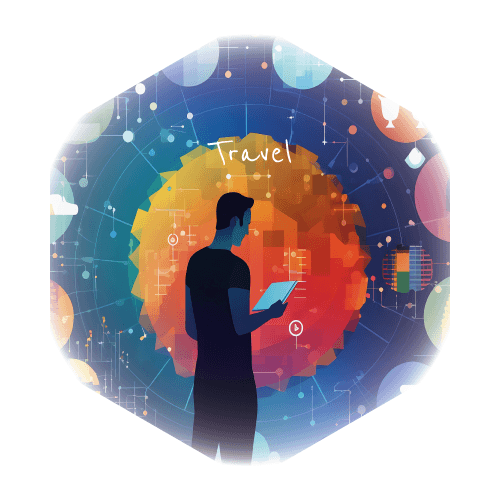
Exploring the world and discovering new destinations and cultures is the best way to broaden your horizons. When travelling, getting the correct information is vital, whether learning which type of electrical plugs are used or understanding what the weather will likely experience during your planned visit. Ovester offers over 600 free, detailed and easy-to-use guides for every country, central region, state and province worldwide and provides you with all the information you could need for your upcoming trip.



